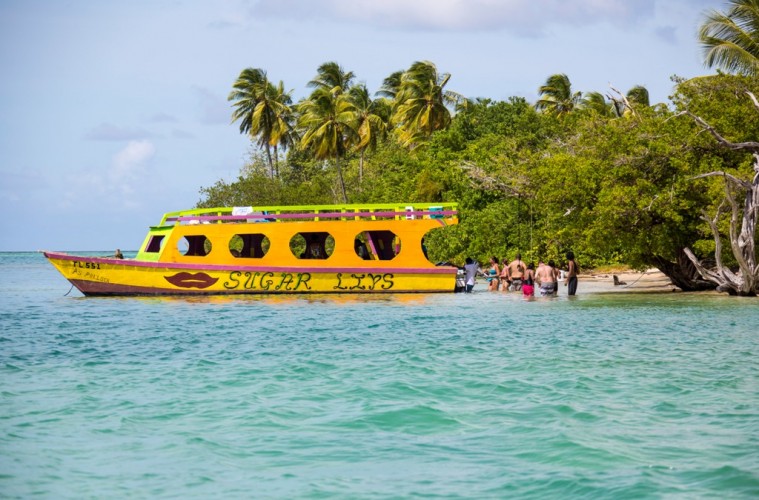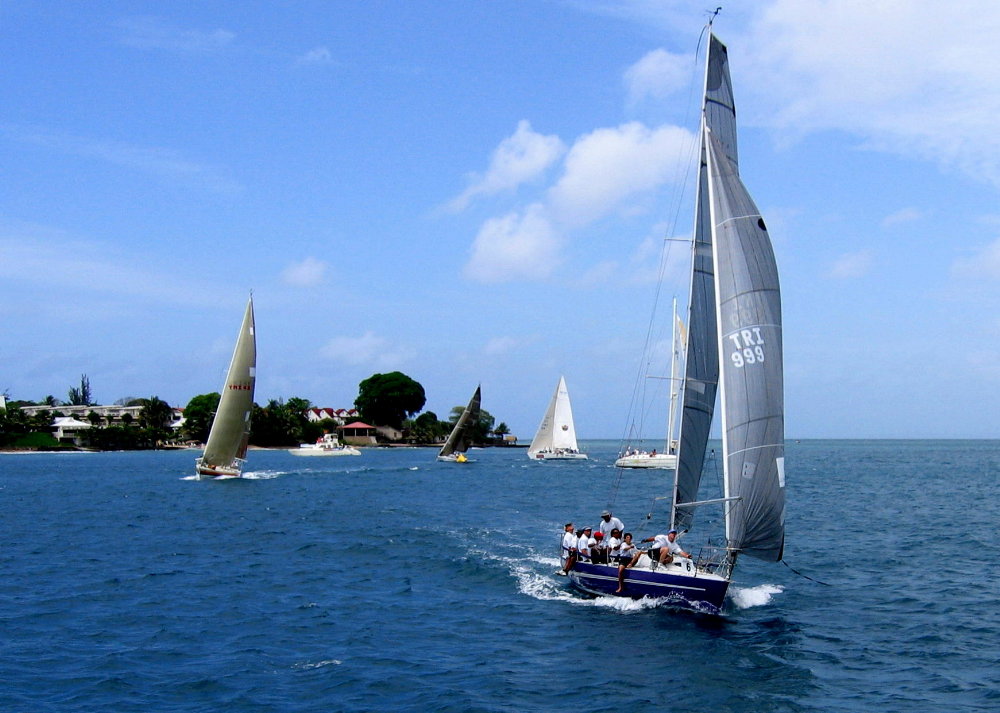Most destinations lure you in with the biggest, tallest, and shiniest, but Trinidad and Tobago doesn’t have to try that hard. In fact, this twin-island nation wins you over with her untouched beauty, laid-back allure and an inherent zest for life that’s visible everywhere; from the lazy and oh-so-sexy rhythm with which words roll off a Trinbagonian’s tongue, to islands that come dotted with pristine beaches, swamps that are home to the Scarlet Ibis and more; to the fact that ‘limin’ or hanging-out with friends is an important part of a local’s routine. If there’s one way to describe my time here: it was a chance to experience the good life, without any artifice. Overall, Trinidad and Tobago prove that real hedonism lies in going back to the basics.
Land of the hummingbird
“What’s it like to share space with thousands of hummingbirds?”, I ask Theo and Gloria, a couple in their twilight years who have converted their Trinidadian suburban house, Yerette, into a hummingbird sanctuary. It started with Theo’s passion for photographing the bird in flight.
Trinidad is colloquially referred to as the ‘Land of the hummingbird’ because as many as 17 different varieties of the bird live on the island. Instead of going to the birds, Theo called them to home, by filling his garden with feeders. Today, out of the 17 types, 13 make a trip to Yerette’s. “We get anywhere from 700 to 3,000 birds a day,’ says Theo. “Some days we experience a hummingbird shower, where we can barely see the sky as hummingbirds descend upon our garden by the thousands.” For $25, I get to hear Theo talk about his passion for the bird, learn that these tiny birds can flap their wings 200 times in a second; get mesmerised by the iridescent creatures, spot the difference between the blue-tailed Emerald and the Golden Sapphire, and enjoy a home-cooked meal by Gloria.
Caroni Bird Sanctuary
Enter wetlands filled with marsh, mangroves, and mysterious creatures. That’s what awaits you at Caroni bird sanctuary in Trinidad. I sign up for a boat-tour where my guide sits atop the bow and points at boa constrictors wrapped around trees right above us, fly fish that dart in-and-out of the water in front of us, and alligators lazing by the shores. But it’s the birds that win me over. Caroni is home to several varieties of birds, but the show-stopper is the Scarlet Ibis. A bird so red, it’s almost blinding. I look up at the green trees filled with bright red bulbs, and the scene is surreal; and I know that no words or pictures can do it justice.
Cotton Bay, Tobago
Ever wondered what it’s like to be marooned on an island? That’s what one can experience at Cotton Bay, Tobago. A strip of land so secluded that no roads lead here. It can only be accessed by boat. We dock off here for a picnic, only to find that we’re the only ones here. There are no shacks, no restaurants, not as much as a toilet.
The waters are clear blue, filled with colourful corals and fish that swim right past you. Bring along a barbecue grill, beer, and laze on the sands as you watch the sun set over the horizon.
Steel pans: A symbol of rebellion
Who would’ve thought that recycled steel cans would morph into the only acoustic instrument to be discovered in the 20th century? That’s what the steel pans are all about. As I catch a performance of the Trinidad All Stars band at a local pan-yard, (nearly every neighbourhood has its own pan yard where residents can work on their skills), I find it impossible not to move to the rambunctious beat.
I also learn that this national musical instrument comes with a colourful past. Steel pans are a symbol of rebellion: The island-nation was once under the British Empire. The colonisers feared that the locals were bonding over music so they banned their sticks and drums. But the islanders simply got their hands on metal containers – garbage drums, paint cans, oil canisters – and used their fingers to drum a tune. Just like that, the steel pans were born.
Kiran Mehta is a travel writer who calls Mumbai home. Her travels have seen her check into ashrams, live with strangers in Europe, work in the Middle East, try her hand at extreme sports in Australia etc. She has contributed to a host of leading publications. Twitter: @kiranmehta17








